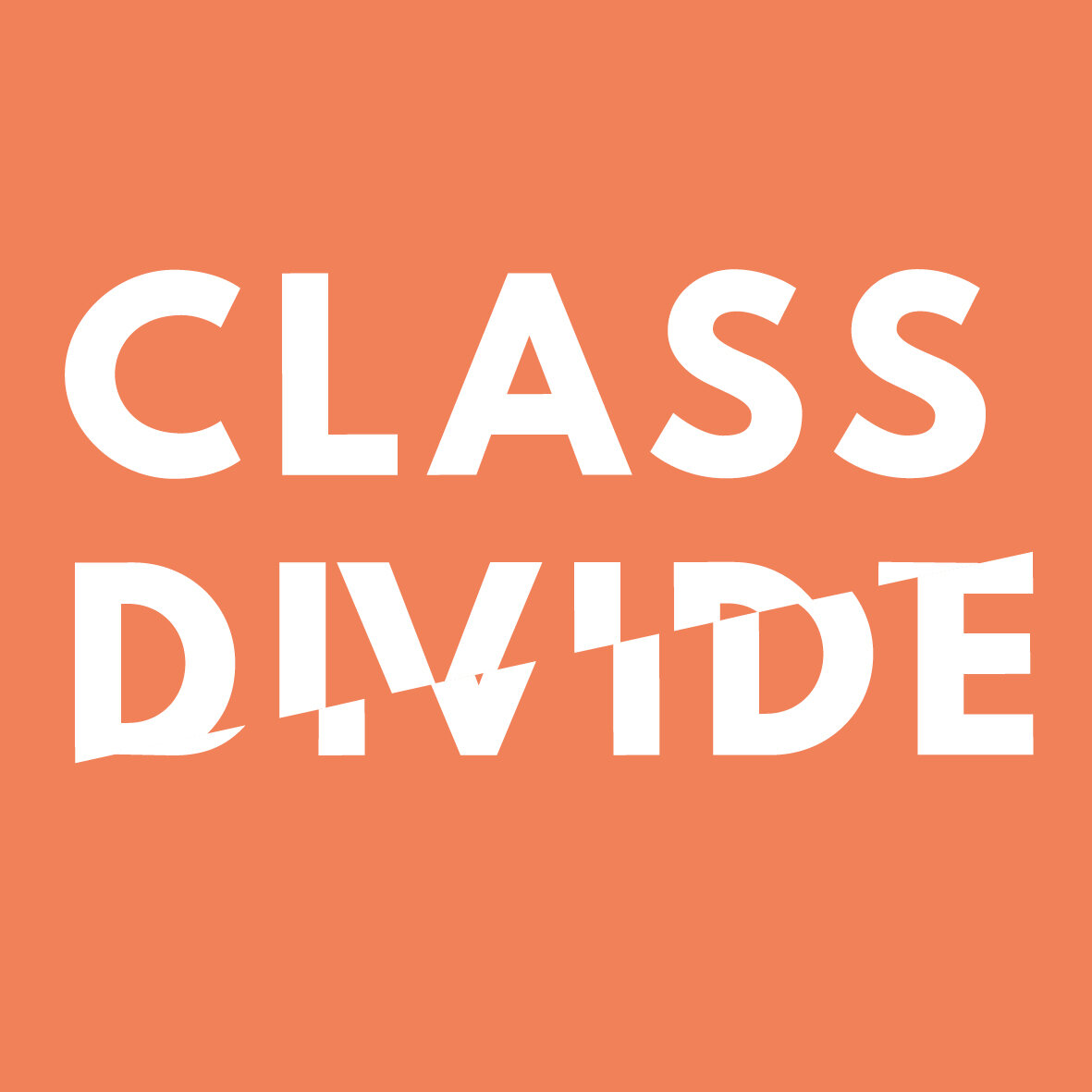Parental Choice for some or Public Fairness for all? Why the Schools Appeals System Needs to Change
In July, we got rare news from the Office of the Schools Adjudicator.
They were making an exception to their own process.
Normally, when objections are made to a school’s admissions policy, only the people or organisations who submit those objections, and the school or local authority they’re aimed at, are allowed to take part. Everyone else is shut out.
But this time, in the case of the objections to Brighton & Hove’s new school admissions policy, the Adjudicator decided that our 34-page submission, the one we’d spent weeks putting together, not knowing if it would even be read, would be accepted. Now we know it will be shared with the parties involved in the case. And our voices, representing the families who will be most affected by the policy, would be included in the final decision-making process.
That doesn’t happen often. And it happened because we refused to accept a process that pretended we weren’t there.
The Problem Isn’t Who Objects - It’s How the System Works
But here’s the thing: this isn’t really about us, or even about the group of people objecting to Brighton & Hove’s new school admissions policy.
It’s about the appeals system itself, and the fact that it isn’t set up to deal with a whole city trying to make its education system fairer.
The Office of the Schools Adjudicator exists to make sure school admission arrangements follow the national School Admissions Code and the law. That includes upholding a legal requirement that parents must be able to “express a preference” for the school they want. Under the School Admissions Code, every local authority and school has to let parents “express a preference” for the school they want, and those preferences must be met wherever possible.
“Fairness” in this context doesn’t mean giving all children an equal chance, it means applying the published rules consistently to everyone who applies. That’s a very different definition from what most of us think of as fair. It focuses on whether the process was followed, not whether the outcome widens or narrows inequality.
On paper that sounds like a neutral safeguard. In practice, it means the framework is tilted toward protecting “parental choice” as an individual right, not toward assessing what is fair for the system as a whole. The Adjudicator’s job is not to redesign admissions in the public interest, but to judge whether a given set of arrangements fits the rules.
Because of that, families with more resources, more money, time, connections, or access to legal advice, are better placed to navigate and influence the process. They can frame objections in the language of compliance and parental preference, and the rules give that framing weight. Meanwhile, the communities who most need change rarely even know this process exists, let alone have the resources to take part.
Why Access To Resources Can Decide Who Gets Heard
When Brighton & Hove agreed to change how school places are allocated, it was after years of other attempts, months of research, and 8 weeks of consultation and scrutiny. The reforms were designed to give children in areas like Whitehawk, Moulsecoomb, and Manor Farm a fairer chance, the first real shift in decades.
But the moment the policy was approved, the challenge began. Behind closed doors. No public notice. No formal announcement from the Adjudicator. We only found out because of an anonymous tip off, and we saw people talking about it on Facebook. We later learned that fundraising for legal advice had started months earlier, before the reforms had even been agreed.
This is how the system works:
If you’ve got the resources to hire legal support, you’re in.
If you’re a parent group from Whitehawk, you might not even know there’s a process to be part of.
We could have left it there. But we didn’t.
We gathered evidence. Legal context. Maps. Data. Testimony from the families who live with the consequences of an unequal system every day. We knew the Adjudicator deals in compliance with the law, not in human stories, but the law determines what’s permissible, and people determine what’s necessary.
So yes, getting our submission accepted was a win. But it shouldn’t have been exceptional. Because if the system isn’t designed to consider equity, then it will always favour those already advantaged. It’s not enough to protect “choice,” we need a system that protects fairness.
That’s what Class Divide is here to fight for.
We wait now for the Adjudicator’s decision. Whatever the outcome, this moment proved something important: voices that are usually shut out can get in.
But it’s also a reminder that the decision will still be made within an outdated framework, one built around old ideas of parental choice, not equity. The real challenge is to create a system designed for fairness from the start, one that weighs the needs of the whole community, not just individual cases.
Because it takes a city to educate its children.


